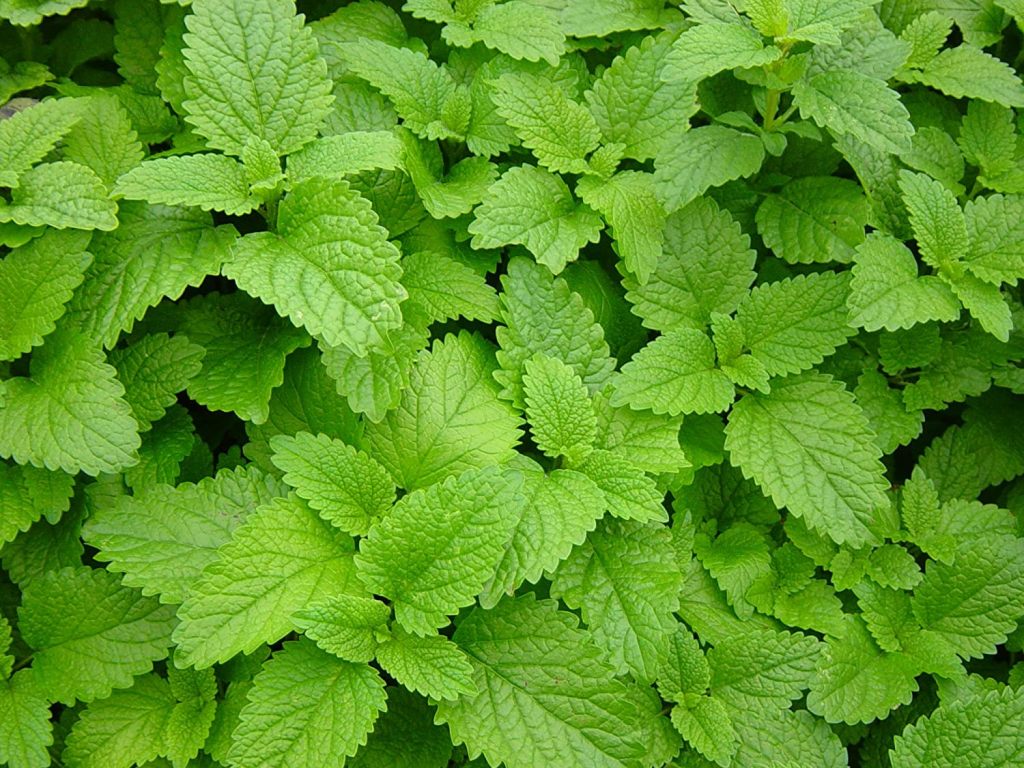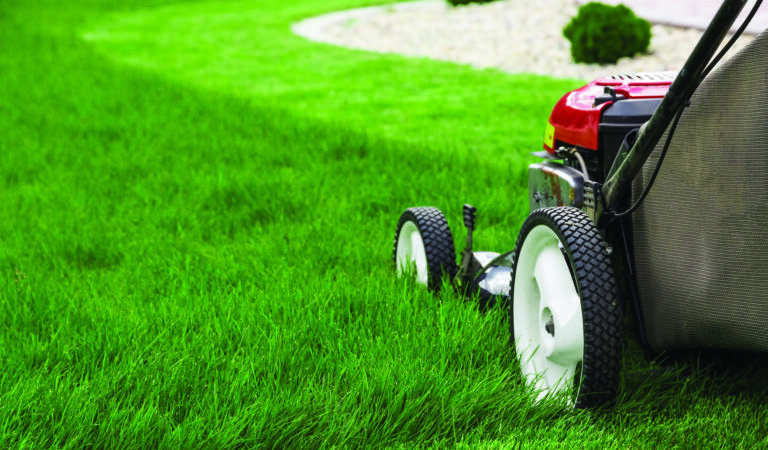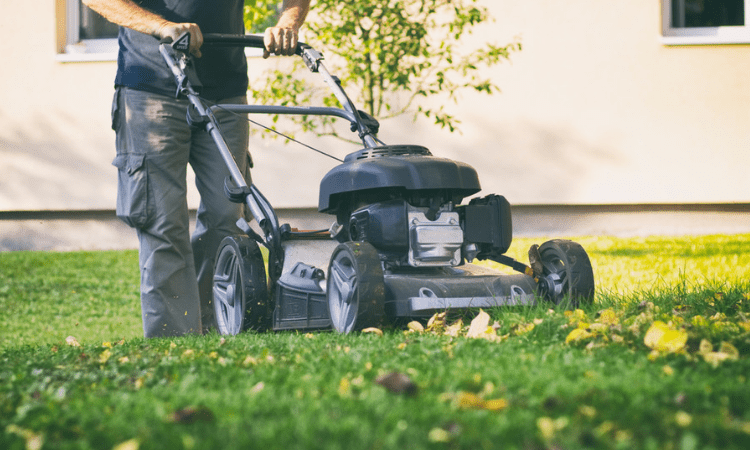How to Grow and Care for Lemon Balm

A plant that can improve your mood, the lemon balm is an herbaceous plant that belongs to the mint family Lamiaceae. It is primarily used to reduce anxiety, reduce stress, and improve your overall mood and cognitive function. The plant is easy to grow, and in this article, you can read all about how to grow lemon balm.
Family, Genus and Origin of Lemon Balm
Lemon balm belongs to the genus Melissa and family Lamiaceae and goes by the scientific name Melissa officinalis. As is obvious from the name, the leaves of this plant have an aromatic lemon scent, which is mildly similar to the scent of mint plants too. Even though you can find lemon balm plants anywhere in the world, they are primarily natives of central Asia, Iran, south-central Europe, and the Mediterranean basin. The plant is also known otherwise known as a balm, common balm, and even as balm mint. The plant is cultivated as a garden plant all over Europe.
The scientific name Melissa has been derived from the Greek word melissóphyllon, which actually means “bee leaf,” and “meli” means honey. The plant consists of small white flowers that are full of nectar during the summer season.
Features of the Plant

The Lemon Balm’s leaves are usually in the shape of an egg. These leaves are usually hairy and can grow up to 2 inches long and 1.5 inches wide. The plant has flat roots and has a rhizome root system. The height of the plant depends on each species of the plant; however, generally, they grow up to 10 to 12 inches in height. This is the case of container cultivated lemon balm, and the free-growing one can go as long as a massive 57 inches.
Uses of Lemon Balm Plant
Lemon balm has a variety of uses that fit into our daily lives. Thanks to the presence of nectar in its flowers, lemon balm plants are used as pollinators to attract bees to the garden. In food items like ice creams and herbal teas, the lemon balm is used as a flavoring agent. Tea with lemon balm extracts simply tastes out of the world. Other than for culinary purposes, lemon balm also finds its usefulness in traditional medicine as a perennial herb. It is used both for internal use as well as an external application. Internal use is about consuming tea, whereas external application concerns the use of essential oils that are extracted from the plant.
Various extracts and parts of the plant are also used in easing digestion, treating gastrointestinal disorders, open brain obstructions, and even to expel melancholy vapors from the heart or artery of an individual. It is also widely used to relax and soothe the human mind and to treat mental health issues like anxiety, depression, etc. the plant is also an excellent ingredient that can improve your overall sleeping pattern. In a nutshell, the plant does have amazing powers to change our lives for the better.
Sowing the Plant

Lemon balm best grows in soil that is loose and rich in humus content. Partial shade or full sun is also recommended for the plant to thrive. It is to be noted that the lemon flavor of the leaves is usually formed when under the hot sun. The plants are also drought-resistant to an extent, but this does not mean that you shouldn’t water the plant at all. Watering the plant in sufficient amounts at regular intervals will ensure that the plant grows properly. Each plant should have a distance of at least 8×8 inches when being planted in a field.
Fertilizing and Aftercare
Usually, a small and thin layer of compost is all the plant requires in terms of fertilizing. However, if the plant is grown in the same soil or the same area for more than a couple of years, the soil may lose its nutrients. Therefore the soil must be replenished to ensure better growth and survival of the plant. Regular watering and fertilizing with compost is all the plant needs in terms of maintenance and aftercare.
Although there has not been enough evidence to support the claim the lemon balm is poisonous, it is also not guaranteed that prolonged and continuous use of lemon balm is exactly safe. It can have various side effects, including nausea, vomiting, dizziness, etc.
Yes, lemon balm is an anti-viral, and therefore it can be used in the treatment of cough, common cold, etc. it can also treat cold sores. The medicine is usually taken in the form of creams that contain lemon balm extracts.
Yes, the plant is extensively used to treat anxiety, depression, and other mental health issues that a person may be struggling with. It can reduce stress and relax your mind, thus reducing your anxiety too.





